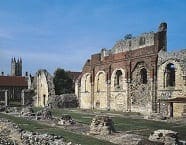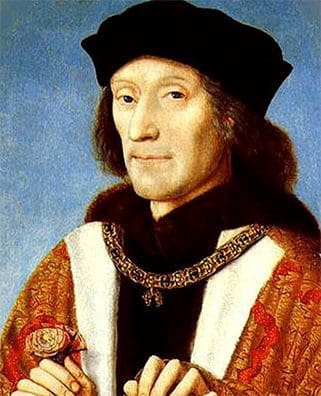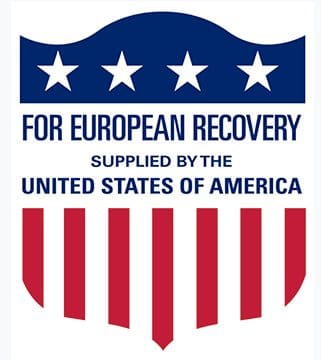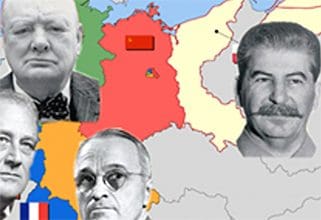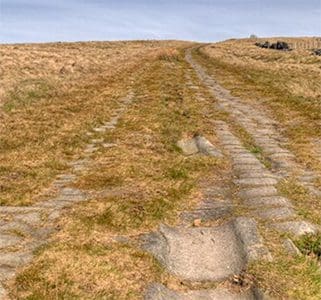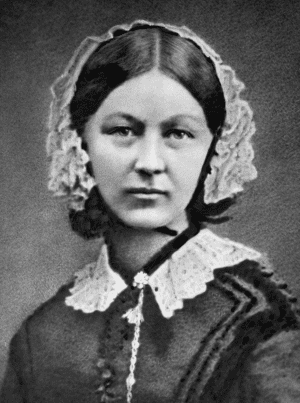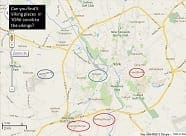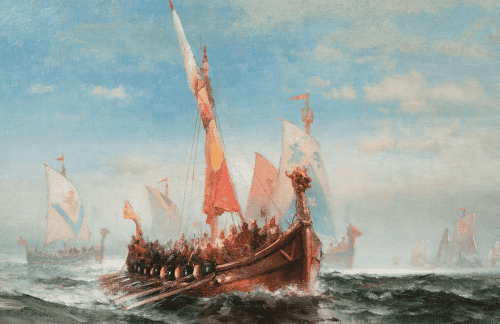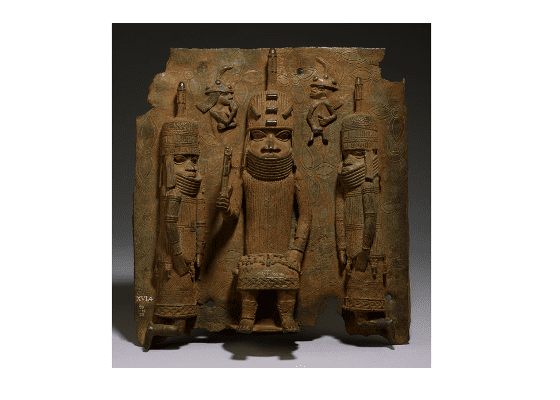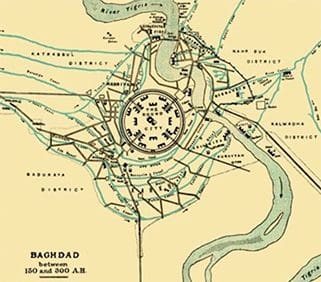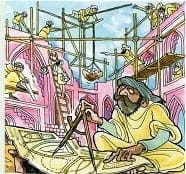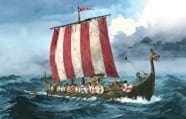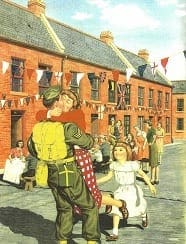Outstanding history lessons
Teaching Local History at Key Stage 2
So, where do we start if we haven’t a clue about Local History? Unlike all other areas of study Local…
Read MoreAS/A2 SMART TASK Threats to Henry VII, a living graph
Students create event cards for homework by way of preparation for creating a multi strand living graph showing the degree…
Read MoreThe Marshall Plan: How should we interpret it? Just how philanthropic was it?
The activities in this very varied lesson ask students to raise questions, place sources on a continuum, add analysis to…
Read MoreAS/A2 SMART TASK Did the ending of the Second World War make the Cold War inevitable?
In order for students to form their own view on this challenging question they read, discuss, sort and then place…
Read MoreWhy did the Romans spend so much time building roads? KS2 short task
From Diamond 4 to ‘Roving Mike’ and kids’ wiki. This simple short task gives groups of pupils, 3 per group,…
Read MoreThe rise of Stalin: 4 smart tasks
Included here are 4 distinct smart tasks which could be used in various combinations at AS and A2 level. They…
Read MoreFlorence Nightingale Lesson and sample planner
Fighting Fit. What did Florence do to improve the lives of the soldiers when she arrived in the Crimea? One…
Read MoreVikings – KQ5 – What can we learn about Viking settlement from a study of place-name endings?
Viking place name evidence A very active session in which pupils apply their knowledge of Viking place name endings to…
Read MoreVikings – KQ6 – Raiders or settlers: how should we remember the Vikings?
Differing views of the Vikings Fun concluding lesson in which pupils produce a balanced, illustrated Zig-Zag book to please a…
Read MorePrimary History: Teaching Benin
When teaching this unit, you are advised to use the medium-term planner in the planning section which links the learning strategies…
Read MorePrimary History: Teaching Early Islam/Baghdad c.900
All the lessons featured below flow from the detailed medium-term planner. Each has been chosen to help pupils not only…
Read MoreEarly Islamic civilization – KQ6 – Which of the early Islamic achievements has most effect on our lives today?
Key Question 6 consists of 2 Smart Tasks. Following a brief overview of the impact of early Islamic achievements on…
Read MorePrimary History: Teaching the Maya at Key Stage 2
Containing 6 motivating key questions, designed to bring out the central historical skills and concepts related to this topic, as…
Read MoreKS2 Quick Quiz on the Vikings
This exit task is a quick way of working out whether the key messages of your teaching about the Vikings…
Read MoreTeaching Life in Britain 1930-1945 at Key Stage 2
Inexplicably axed by Michael Gove from the curriculum, my advice is to carry on teaching this highly successful unit focusing…
Read More
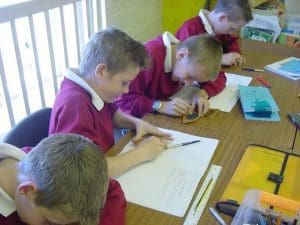 When talking to a highly talented history teacher recently he said, “I really wish I had had a site like this when I started teaching”.
When talking to a highly talented history teacher recently he said, “I really wish I had had a site like this when I started teaching”.